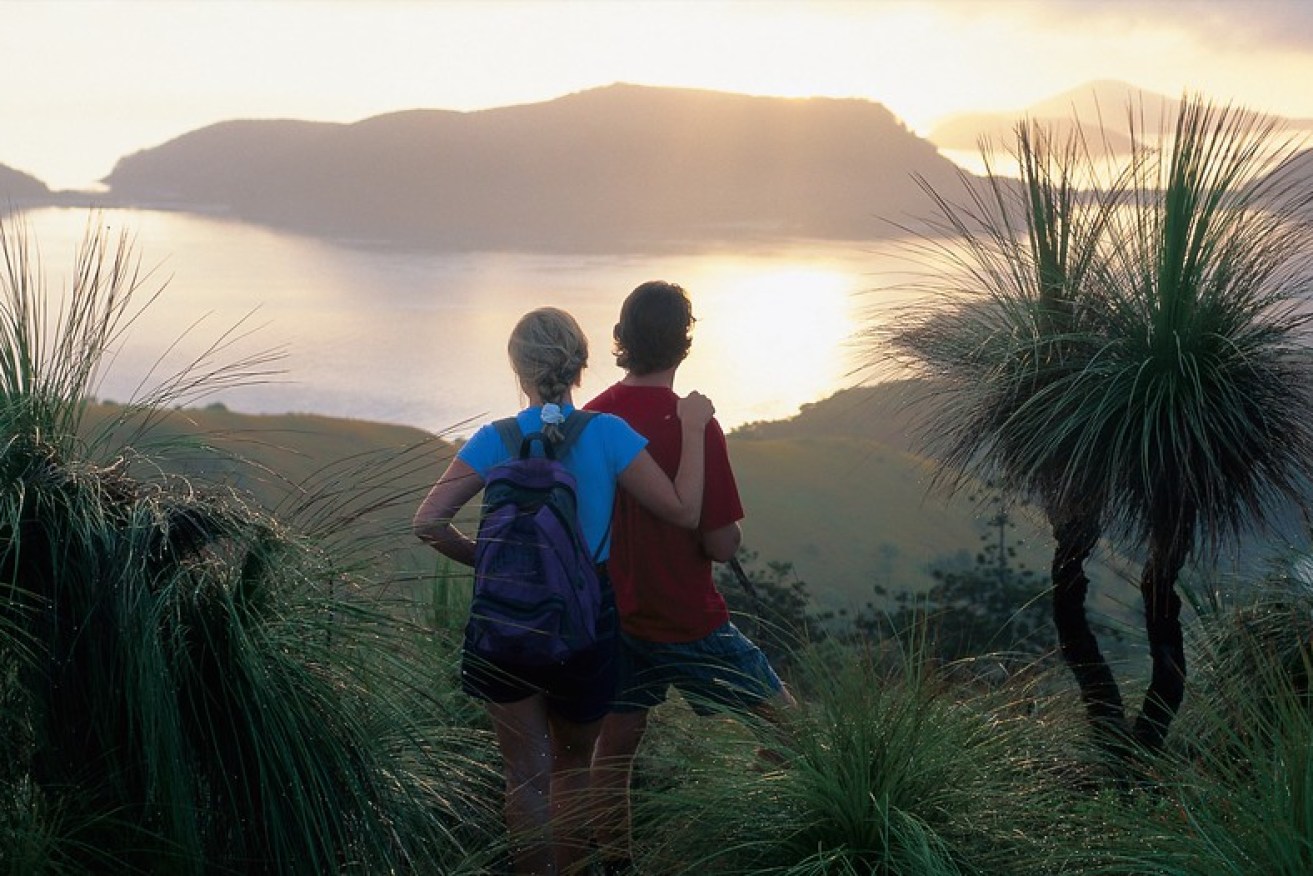Tourism rebounds but a new ‘world of pain’ emerges from staff shortages
Despite Covid restrictions and staff shortages, the tourism sector has rebounded over Christmas and is enjoying a renaissance in the minds of Australian travellers.


The government and private sector will invest $200 million over the next four years
But big question marks hang over the sector, not least of which is the dramatic staff shortages which have forced venues to reduce operating hours or close during the peak periods.
The issue existed well before Covid, but has increased dramatically since the emergence of highly transmissible Omicron variant which meant affected staff had to isolate.
Queensland Tourism Industry Council chief executive Daniel Gschwind said the one positive to emerge from the pandemic was the revaluing of domestic tourism, long seen as a poor cousin to international travel.
Gschwind, who is standing down from the job in April after 21 years, said the pandemic had made Australians think about what was important to them and the services domestic tourism provided was falling into the category.
He said the bumper crowds at places like Noosa were evidence of that.
“People value the fact that we have such a beautiful place. If anything it has increased in value,” he said.
The major regional tourism organisations all reported that the Christmas-New year period had been a positive with more activity seen “in a long time”.
“There were plenty of arrivals and occupancy rates on the Gold Coast were up to 80 per cent in hotels, which is excellent, but still behind what summer holidays would have delivered pre-Covid, in all cases,” he said.
However, data from ANZ showed the drop in consumer spending after Boxing Day was much sharper than previous years.
In Queensland, it was down 17 per cent year-on-year and across the major categories including travel.
Entertainment spending in Queensland was the only maor category to show an increase.
Spending across all categories in NSW was down 25 per cent and Victoria 19 per cent.
The bank’s economics team said spending on dining and travel Australia-wide showed that the rapid spread of the Omicron variant may be leading to cautious behaviour.
“ANZ-observed spending shows that households spent less across all key trading dates, other than Christmas Day, which benefitted from ongoing increases in the popularity and access of online shopping,” the bank said.
Gschwind said the fear and uncertainty brought about by Covid and the restrictions were “counter-balancing the obvious pent-up demand and the desire of people to get out an enjoy themselves again.”
He said the question for the sector now was: how do we rebuild?
“Restoring certainty is a big challenge for everyone, but particularly tourism,” he said.
“The other big drama unfolding now is the staff shortages which we were very aware of before Covid, but in its latest manifestation it is dramatic because we are trying to craft a recovery but we think we don’t have enough staff and now the spread of Omicron takes out staff out of businesses that simply cannot lose another worker.
“In many cases it has meant venues are operating at reduced hours or are closed all-together which is really a whole new world of pain for the industry.
“Nothing is insurmountable but they are extreme challenges. After two years of dezling with Covid the financial and emotional resources are depleted for all of us. We will overcome, but it is going to require all of our resilience to do it now.”












